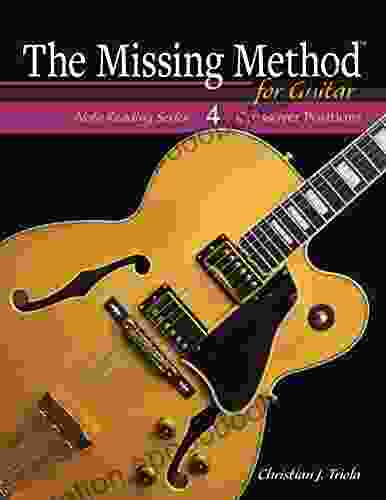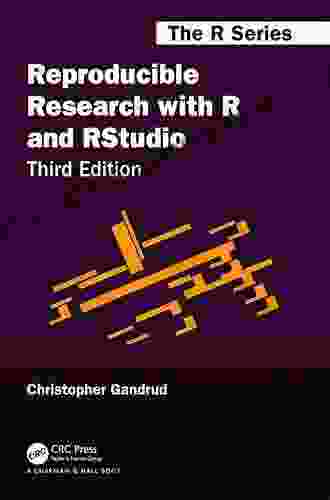The World Trade Organization (WTO) is a multilateral organization that sets and enforces rules governing international trade. These rules are designed to ensure that trade flows smoothly and fairly, and that countries do not discriminate against each other in their trade practices. The WTO has a dispute settlement mechanism that allows countries to resolve disputes over the interpretation and application of these rules.
In recent years, there has been a growing debate about the role of adjudication in the WTO's dispute settlement system. Some argue that adjudication is essential for ensuring that the WTO's rules are enforced effectively. Others argue that adjudication is too adversarial and that it undermines the consensus-based nature of the WTO.
4 out of 5
| Language | : | English |
| File size | : | 3757 KB |
| Text-to-Speech | : | Enabled |
| Screen Reader | : | Supported |
| Enhanced typesetting | : | Enabled |
| Word Wise | : | Enabled |
| Print length | : | 345 pages |
| X-Ray for textbooks | : | Enabled |
This article will explore the role of adjudication in the WTO's dispute settlement system. We will examine the arguments for and against adjudication, and we will assess the potential impact of adjudication on the future of the WTO.
The Role of Adjudication in the WTO's Dispute Settlement System
The WTO's dispute settlement system is based on the principle of "positive consensus." This means that a dispute can only be resolved if all of the members of the WTO agree to the outcome. In practice, this means that the vast majority of disputes are resolved through negotiation and consultation.
However, there are some cases where countries are unable to resolve their disputes through negotiation. In these cases, the WTO's dispute settlement system provides for the possibility of adjudication. Adjudication is a process in which a panel of experts is appointed to hear the arguments of the parties and to make a binding decision on the dispute.
The WTO's dispute settlement system is generally considered to be one of the most effective international dispute settlement mechanisms in existence. However, there have been some criticisms of the system, particularly in recent years. Some have argued that the system is too slow and that it is too adversarial. Others have argued that the system is biased in favor of developed countries.
The Arguments For and Against Adjudication in the WTO's Dispute Settlement System
There are a number of arguments in favor of adjudication in the WTO's dispute settlement system. First, adjudication provides a means of resolving disputes that cannot be resolved through negotiation. Second, adjudication provides a forum for the interpretation and application of the WTO's rules. Third, adjudication helps to ensure that the WTO's rules are enforced effectively.
There are also a number of arguments against adjudication in the WTO's dispute settlement system. First, adjudication can be a slow and expensive process. Second, adjudication can be adversarial, which can damage the relationships between the parties to the dispute. Third, adjudication can undermine the consensus-based nature of the WTO.
The Potential Impact of Adjudication on the Future of the WTO
The role of adjudication in the WTO's dispute settlement system is likely to continue to be debated for many years to come. The outcome of this debate will have a significant impact on the future of the WTO.
If adjudication becomes more widely used in the WTO's dispute settlement system, it could lead to a more adversarial and less consensus-based organization. This could make it more difficult to resolve disputes and could lead to the erosion of the WTO's rules.
On the other hand, if adjudication is used in a more limited way, it could help to strengthen the WTO's dispute settlement system. Adjudication could provide a means of resolving disputes that cannot be resolved through negotiation, and it could help to ensure that the WTO's rules are enforced effectively.
The role of adjudication in the WTO's dispute settlement system is a complex and controversial issue. There are a number of arguments for and against adjudication, and the outcome of the debate will have a significant impact on the future of the WTO.


























































































